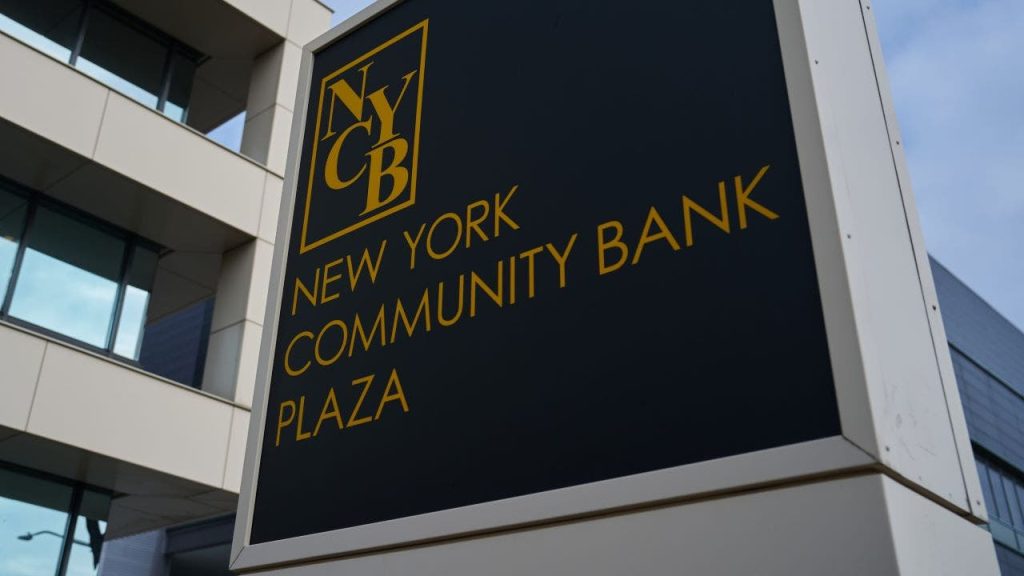New York Community Bancorp is seeking to raise equity capital in a bid to shore up confidence in the troubled regional lender.
NYCB, buffeted by fears over potential real-estate loan losses, weaknesses in its internal controls and a sharp drop in its stock price, has dispatched bankers to gauge investors’ interest in buying stock in the company, people familiar with the matter said.
There’s no guarantee there will be a deal, or that one would succeed in addressing the bank’s challenges, which as of Wednesday morning had led to a roughly 70% decline in its stock price since January.
NYCB REPLACES CEO, CITES ‘MATERIAL WEAKNESS’
NYCB has been in crisis mode since the bank in January revealed signs of trouble in its commercial real-estate books, saying it swung to a loss in the fourth quarter and slashed its dividend. Then last week, the bank disclosed that it had found “material weaknesses” in the way it assesses and monitors loans. The disclosures have triggered several credit downgrades.
The bank’s woes have touched off concerns of another banking crisis after three regional lenders collapsed roughly a year ago.
New York Community Bankcorp
Of particular concern to investors is NYCB’s concentration on loans for rent-stabilized buildings in New York City. That market has struggled with rising interest rates and the aftermath of a 2019 law that capped how much landlords can increase rent on some units. Roughly half of NYCB’s portfolio of loans on multifamily residential properties is subject to rent regulations.
NYCB has sought to reassure investors over the past month, overhauling its management and saying in early February that its deposits were stable.
Newly appointed executive chairman Alessandro DiNello took over as CEO last week, replacing Thomas Cangemi. DiNello previously ran Flagstar Bank, which NYCB acquired in late 2022. The bank also named new chief risk and audit officers Friday. Two of its board members have left.
Last month, DiNello laid out a series of options the bank could explore to bolster its balance sheet, including selling assets from certain noncore businesses. The bank has also considered turning to newfangled financial instruments that would share the risks of those loans with outside investors, people familiar with the matter said.
Finding takers for those assets, at least at prices that would make a deal worthwhile, has been challenging, and U.S. officials have expressed reservations with banks pursuing credit-risk transfers that would shift the burden of potential losses to entities outside of the regulated banking system.
Moody’s Investors Service and Fitch Ratings have both downgraded New York Community’s credit ratings to below investment grade.
Read the full article here











